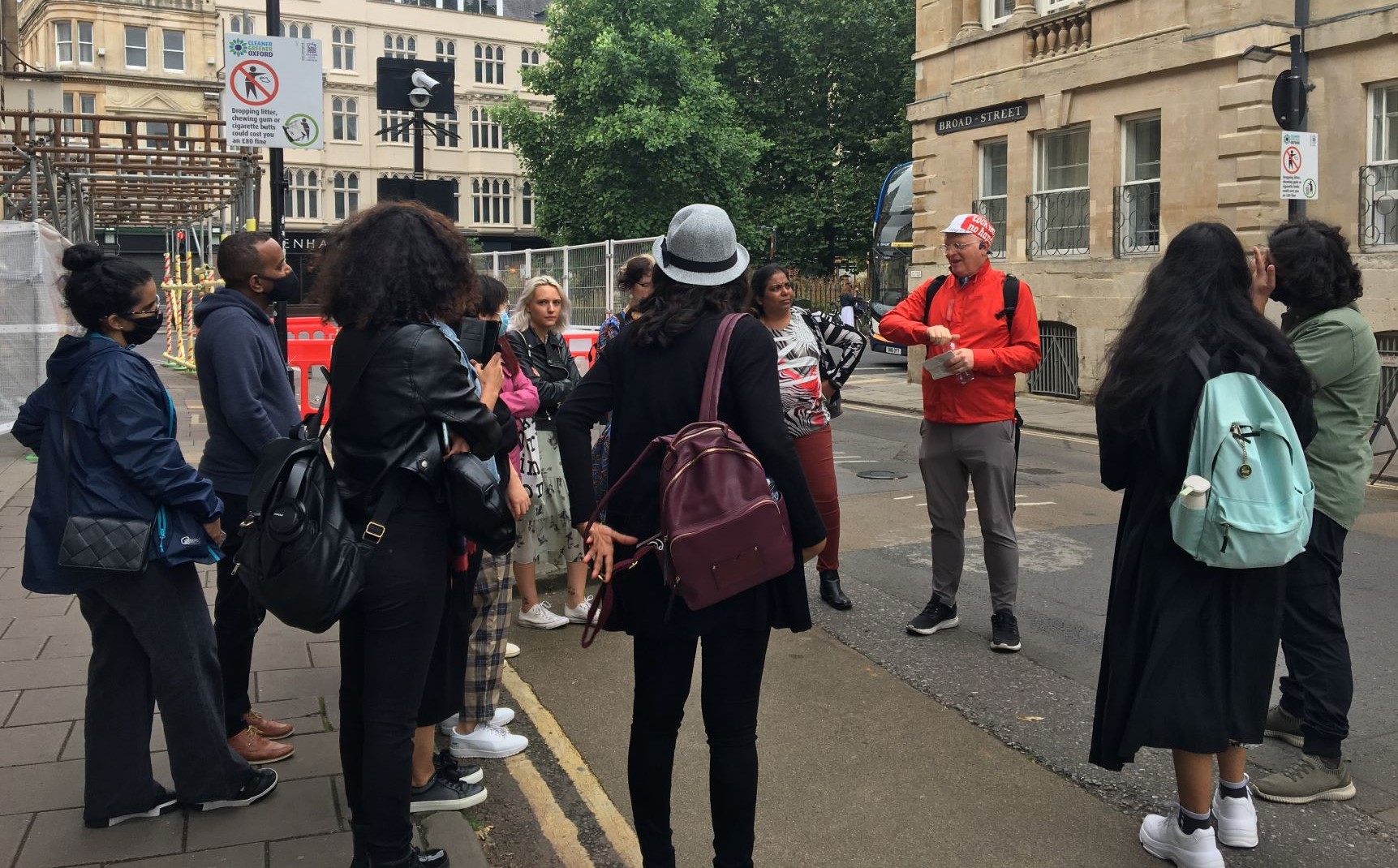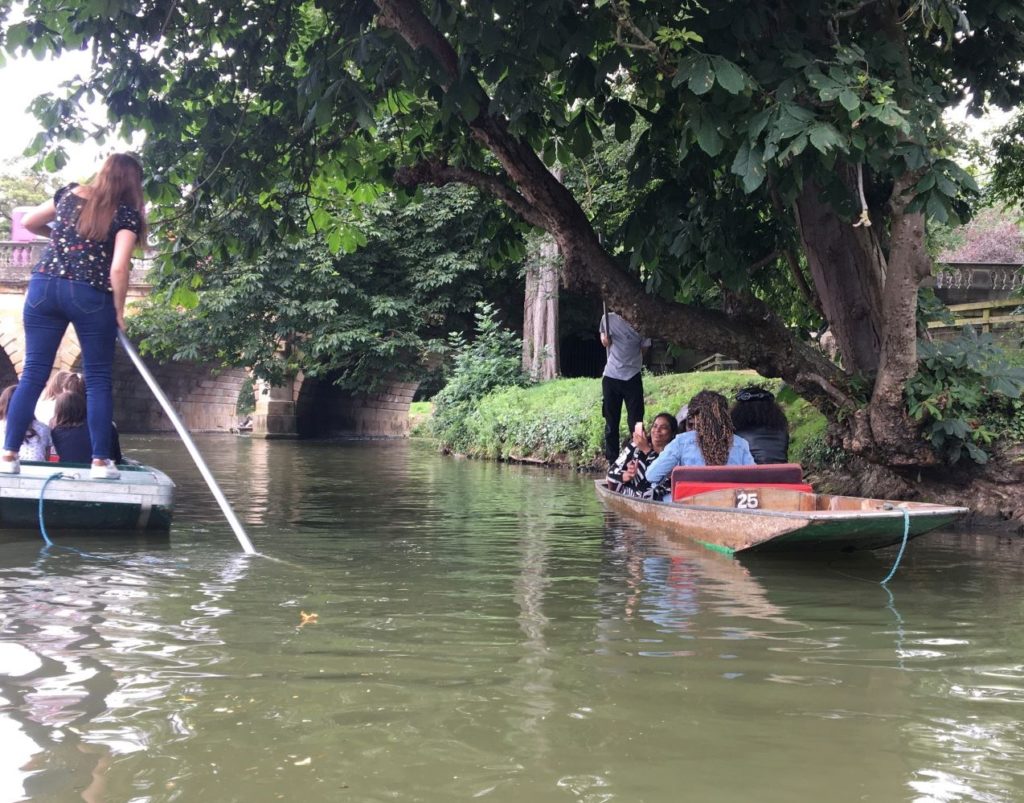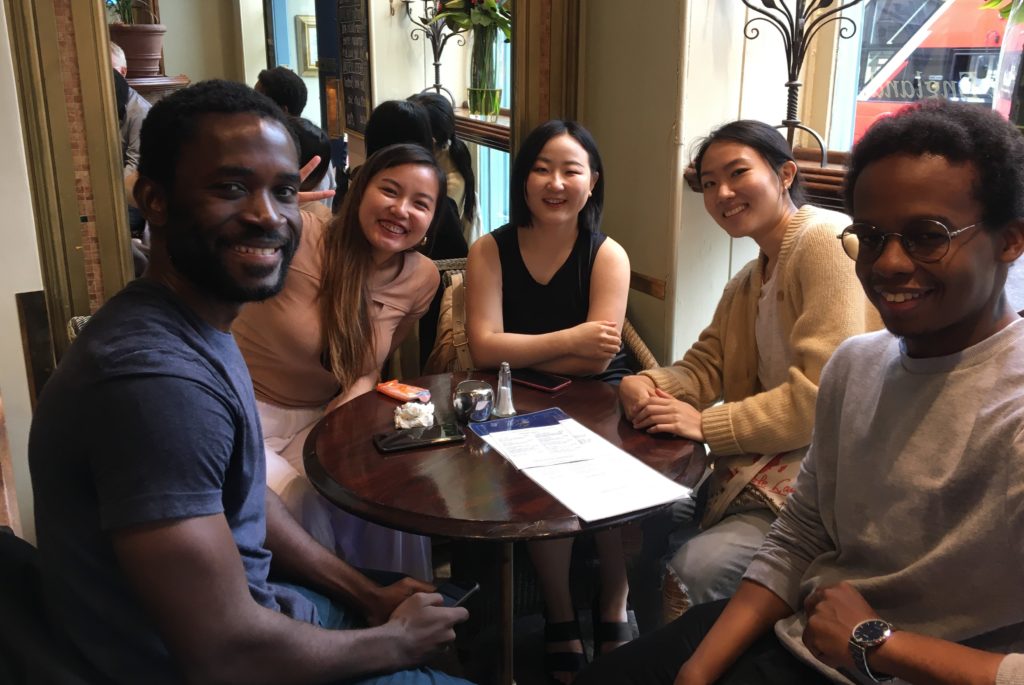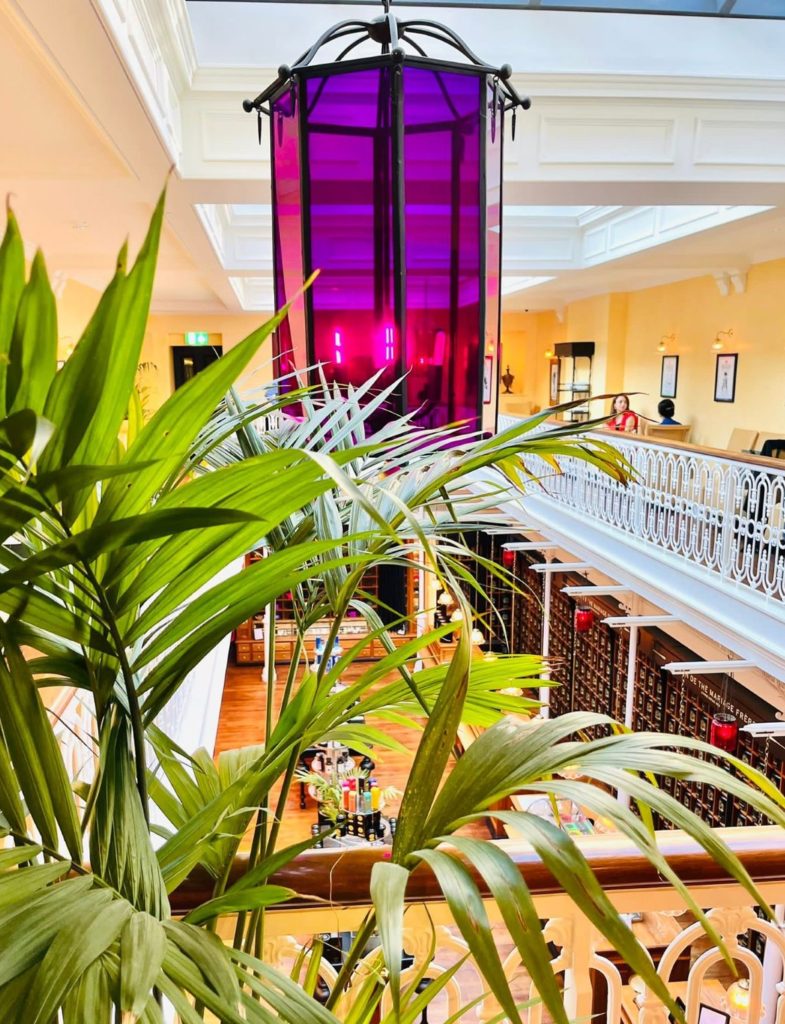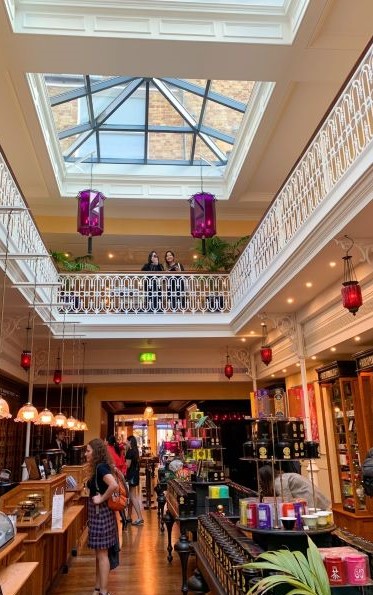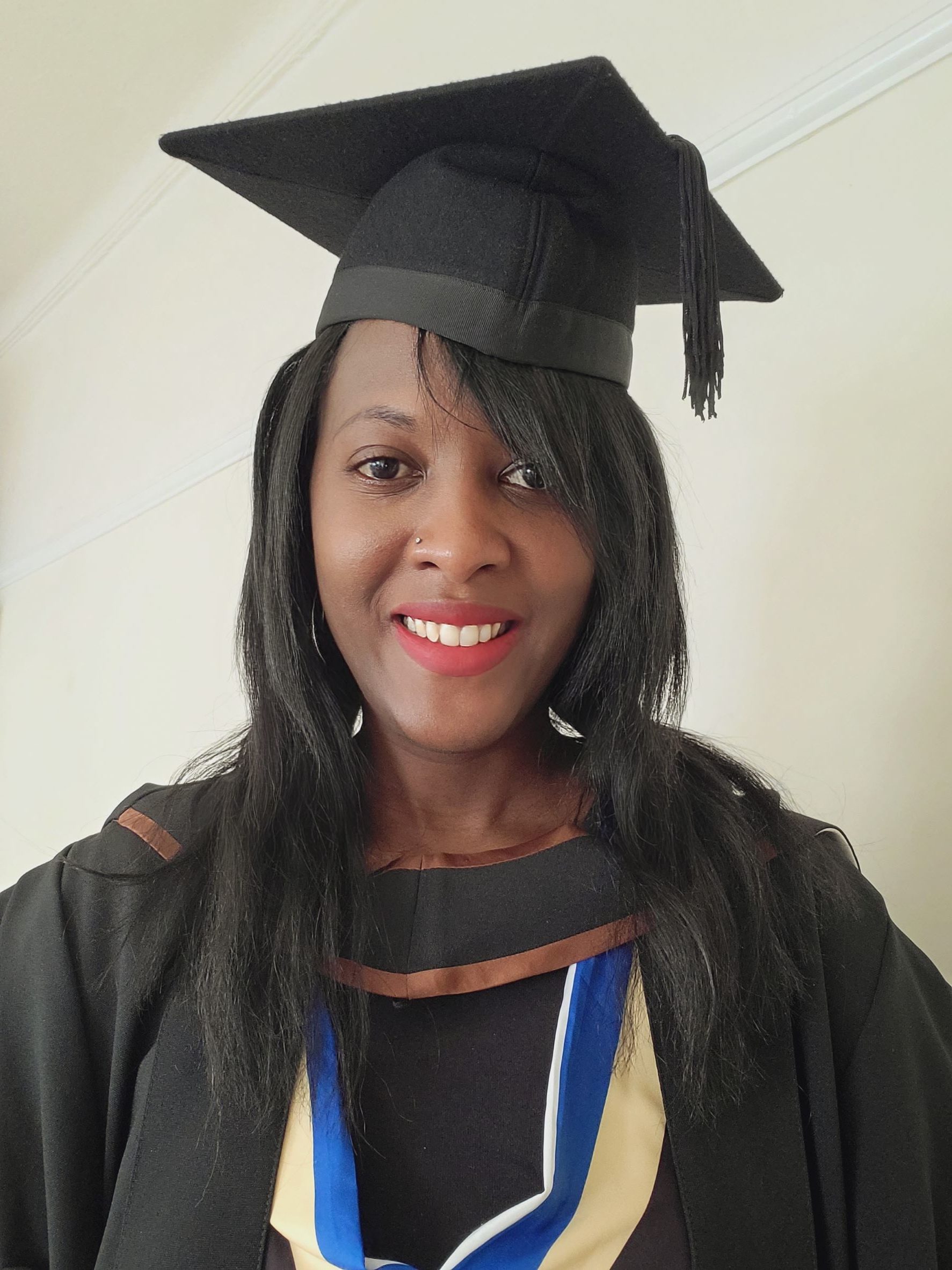A new Teaching and Learning Toolkit was recently launched, based on Kew Gardens’ Richard Spruce collections from the Rio Negro Indigenous Territory in Northwest Amazonia, one of the outputs of Professor Luciana Martins’ research project ‘Digital Repatriation of Biocultural Collections’. Here, she shares details of the event and its importance for Indigenous communities.
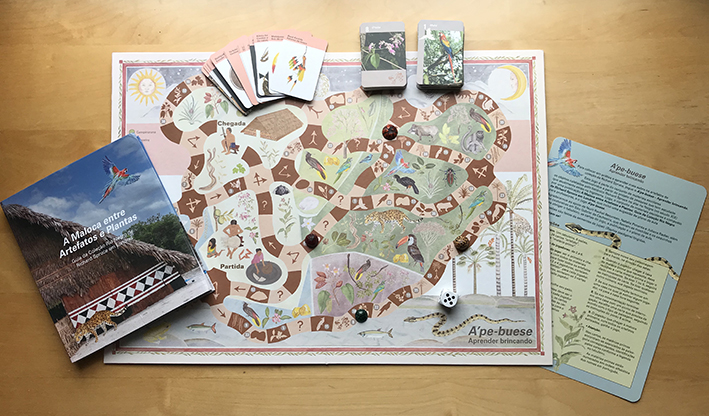
- Can you share details of the event and who it was aimed at.
The event was the launch of the teaching and learning toolkit, composed of a book, A Maloca entre Artefatos e Plantas: Guia da Coleção Rio Negro in Londres (São Paulo: ISA – Instituto Socioambiental, 2021) and board game, A’pe Buese – Aprender Brincando (São Paulo: Instituto Socioambiental, 2021); with illustrations by the artist Lindsay Sekulowicz.
The launch coincided with the meeting of knowledgeable elders at the São Pedro community in the upper Tiquié river in the Northwest Amazon on the occasion of the inauguration of their longhouse (maloca), the centre of their cultural life; and was attended mainly by teachers at the Indigenous schools from the neighbouring communities, with the participation of the Indigenous researchers who visited the European collections.
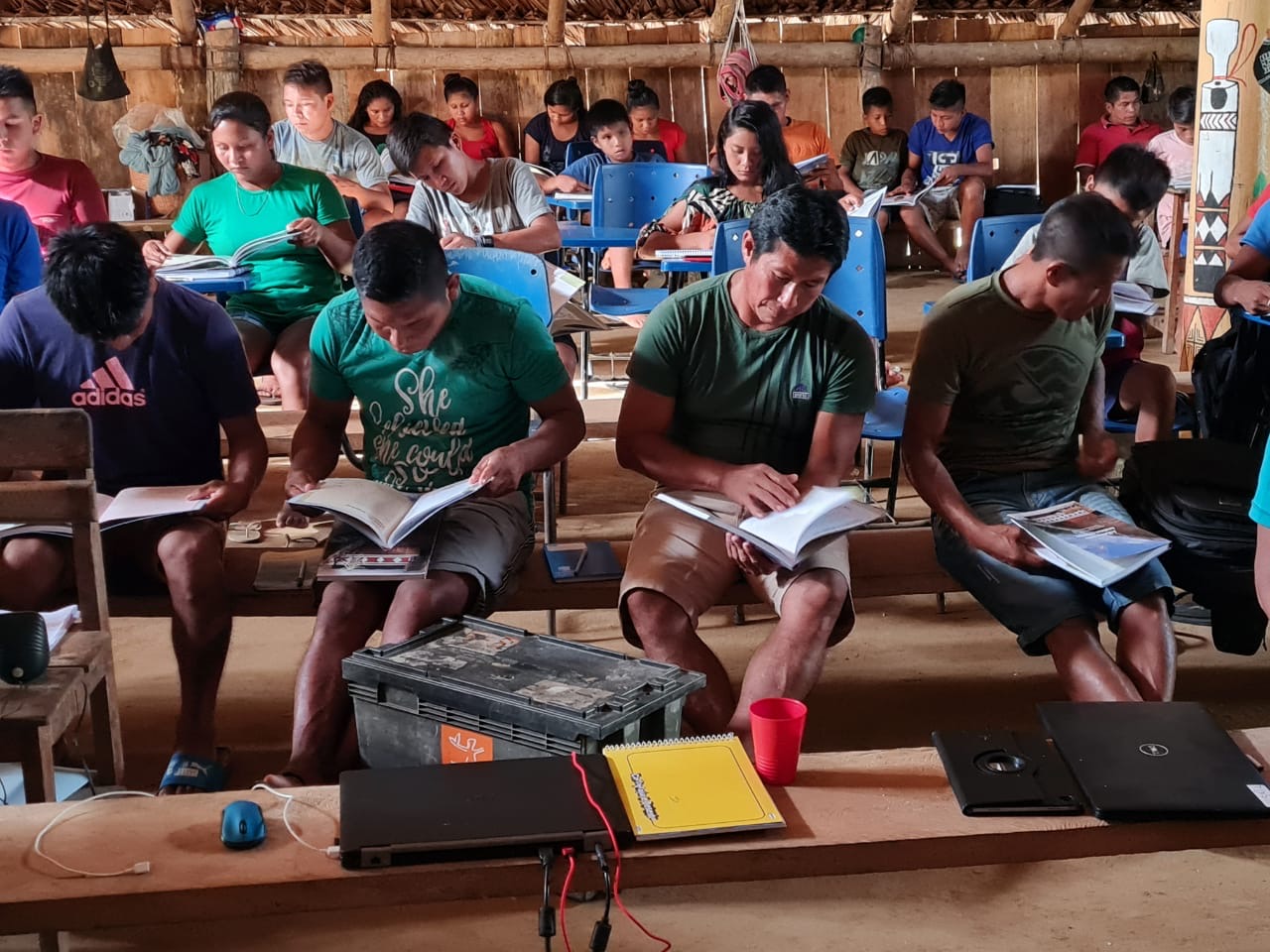
- What was the rationale for the teaching and learning toolkit?
This project, funded by British Academy Knowledge Frontiers and Global Challenges Research Fund (GCRF QR), forms part of a UK-Brazil research programme that aims to reanimate the objects collected by nineteenth-century botanist Richard Spruce in Amazonia (currently housed at the Royal Botanic Gardens, Kew and the British Museum), linking them with the knowledge of Indigenous peoples (partners in Europe include Birkbeck, RBG Kew, the British Museum and Berlin Ethnological Museum; in Brazil: Botanical Garden of Rio de Janeiro, the Socioenvironmental Institute-ISA and the Federation of the Indigenous Organizations of the Rio Negro -FOIRN).
The teaching and learning toolkit, associated with these collections, was co-produced with Dagoberto Lima Azevedo, a Tukano Indigenous researcher and translator. It includes a guide for the collections, with scientific and indigenous information about a selection of artefacts, including a broader historical overview of the Upper Rio Negro region in the nineteenth century, European collectors and their collections, and a lesson plan; and an innovative board game that asks players to combine plants and animals used for creating particular artefacts, going through a path by the different habitats where these raw materials are found.
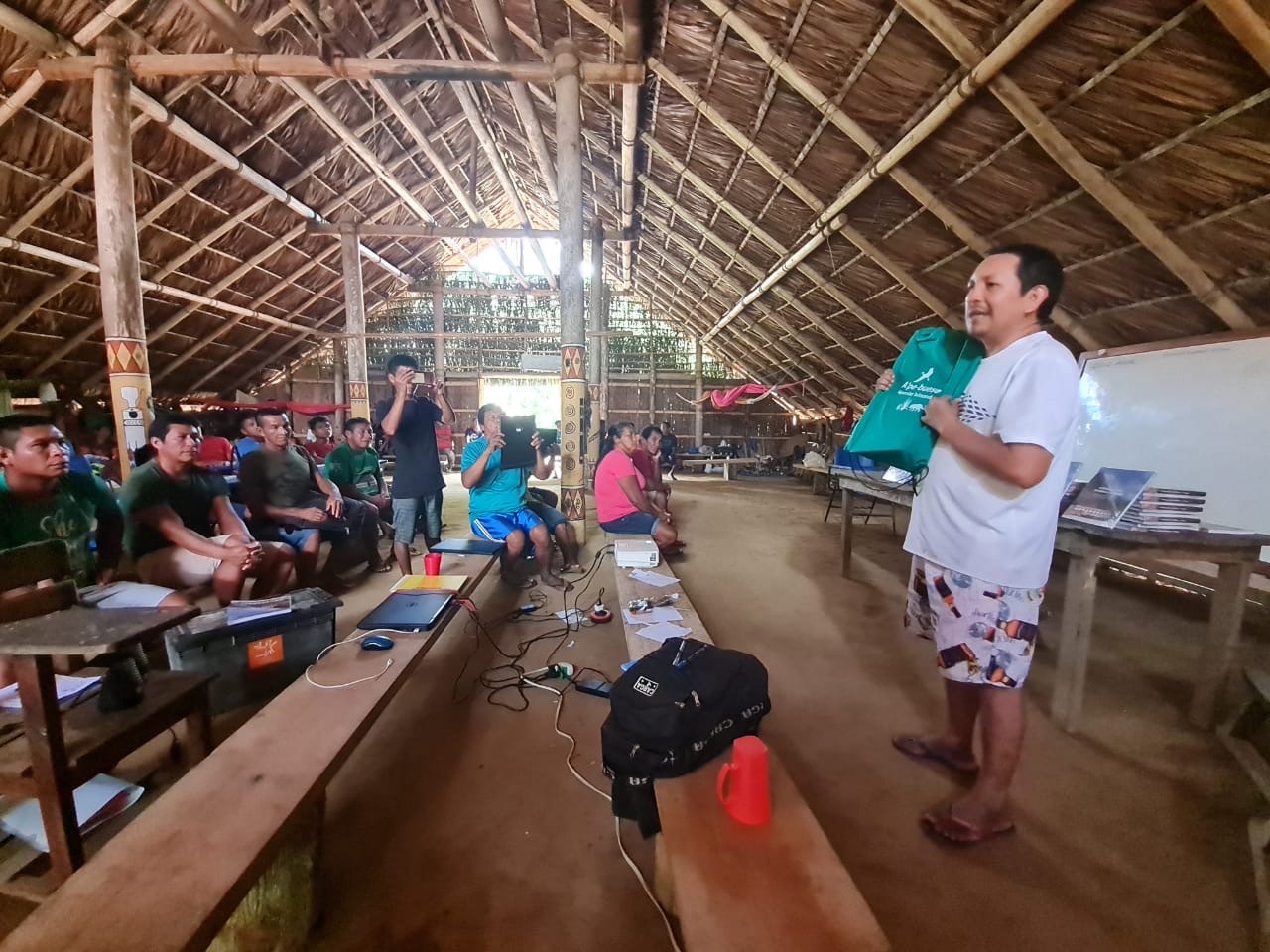
- How do you envisage it being used?
Targeted principally at secondary-level Indigenous schoolchildren, the toolkit aims to enable pupils to have fun while learning about their biocultural heritage kept in European museums. We aim to ensure that the knowledge and skills associated with traditional craftsmanship are passed on to future generations so that crafts can continue to be produced within their communities, providing livelihoods to their makers and reflecting creativity.
- How does this directly link to the original research?
In the concluding session of a project research workshop at Kew in June 2019, Indigenous researchers highlighted the need to produce, in addition to a proposed project website, printed pedagogic materials to be used in community schools in remote regions, where WiFi and electricity are scarce and unreliable. Responding directly to this identified need, the project plan was revised to include the production of this teaching and learning toolkit based on the biocultural collections. The production of this toolkit in Portuguese, with all the main terms translated into Ye’pamahsã (Tukano) language, fits within the larger context of current linguistic projects in Northwest Amazonia, which aim to strengthen and enhance Indigenous languages.
The online guide is available here and it is hoped that the project website will be launched by the end of November 2021.
Further details of the research can be found here.
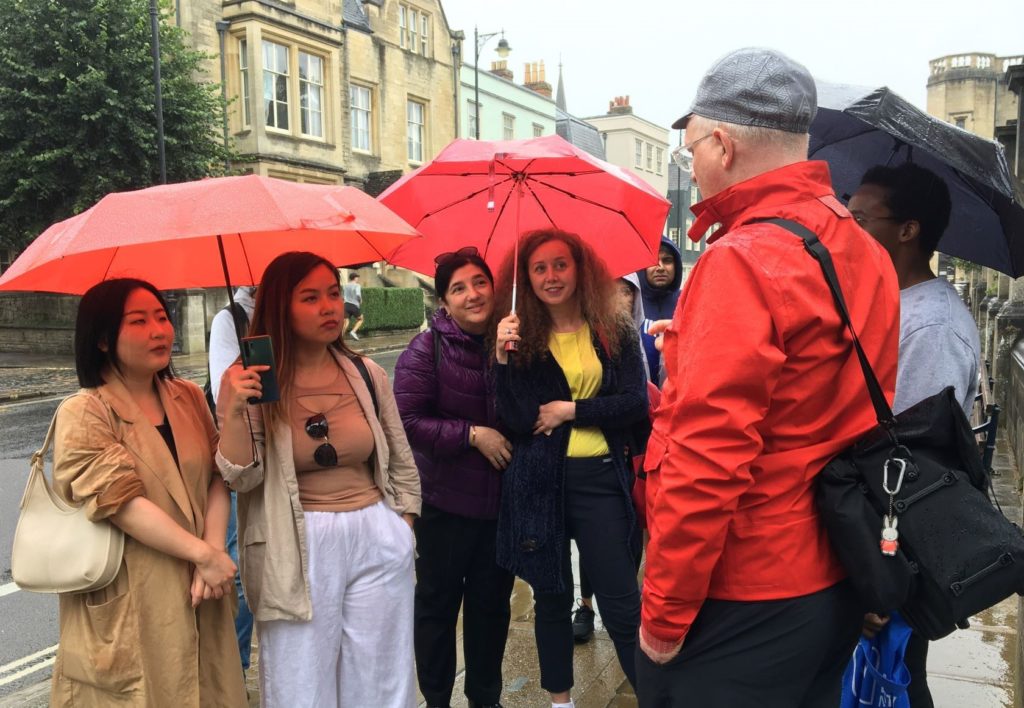 Despite the frequent downpours of rain, the students’ spirits were not dampened. As our guide Andrew pointed out, ‘there’s no bad weather in England, just wrong clothes’. He led another interesting and entertaining walking tour of the city, pointing out the beautiful historic sights of Oxford and explaining its darker historical links to the slave trade.
Despite the frequent downpours of rain, the students’ spirits were not dampened. As our guide Andrew pointed out, ‘there’s no bad weather in England, just wrong clothes’. He led another interesting and entertaining walking tour of the city, pointing out the beautiful historic sights of Oxford and explaining its darker historical links to the slave trade. 